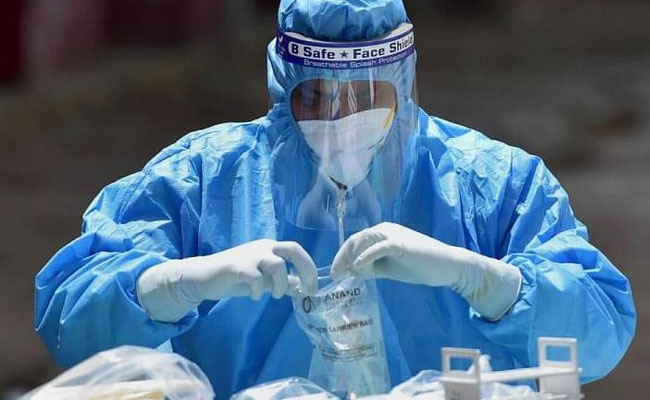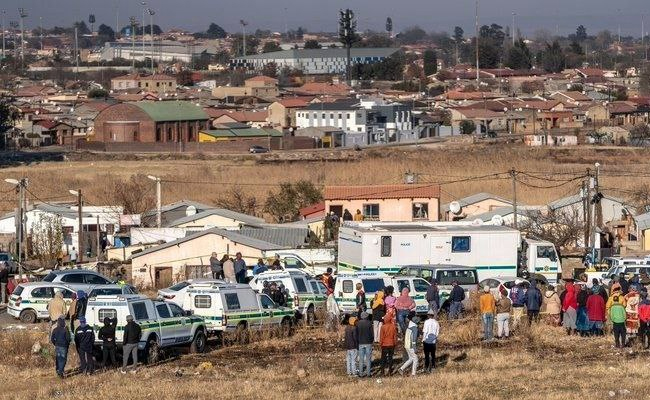Washington (PTI): COVID-19 patients may be at increased risk of suffering chest pain in the six months to a year after the infection, which could be a sign of future cardiovascular complications, according to a study.
Nearly 19 per cent of US adults who had previously tested positive for COVID-19 report having "Long COVID," where they experience signs and symptoms for four weeks or more after the initial phase of infection.
Researchers from Intermountain Health in the US studied nearly 150,000 patients for cardiovascular symptoms. They found that patients who tested positive for COVID-19 had higher rates of chest pain in the six months to a year after the infection.
"Many COVID-19 patients experience symptoms well beyond the acute phase of infection," said Heidi T. May, cardiovascular epidemiologist at Intermountain Health and principal investigator of the study.
"While we didn't see any significant rates of major events like heart attack or stroke in patients who had an initial mild initial infection, we did find chest pains to be a persistent problem, which could be a sign of future cardiovascular complications," May said.
The study finding was presented at the American College of Cardiology's 2023 Scientific Conference in New Orleans, US, on Sunday.
In the large retrospective study, researchers compared three groups of Intermountain Health patients.
The team found that at six months and one-year intervals, patients who tested positive for COVID-19 had significantly higher rates of experiencing chest pain, but saw no other increases in cardiovascular events.
"As of right now, the symptoms aren't necessary translating into hard outcomes, but that's something that will need to be reassessed over time," May said.
"It could be that lasting effects of infection on the cardiovascular system are hard to quantify in terms of diagnoses or other events in the short-term and won't be realised until longer follow up," the researcher added.
Let the Truth be known. If you read VB and like VB, please be a VB Supporter and Help us deliver the Truth to one and all.
New Delhi (PTI): A total of 97 flights were cancelled and over 200 delayed due to low visibility conditions amid fog at the Delhi airport on Sunday.
An official said 48 arrivals and 49 departures were cancelled at the airport.
According to latest information available on flight tracking website Flightradar24.com, more than 200 flights were delayed and the average delay time was around 23 minutes for departures at the airport.
In a post on X at noon, Delhi airport operator DIAL said operations are running smoothly.
ALSO READ: Epstein files vanish from US Justice Department website hours after release
DIAL operates the Indira Gandhi International Airport (IGIA), the country's largest airport that generally handles around 1,300 flights daily.
Flight operations have been disrupted for the past many days at Delhi and other airports due to dense fog.





